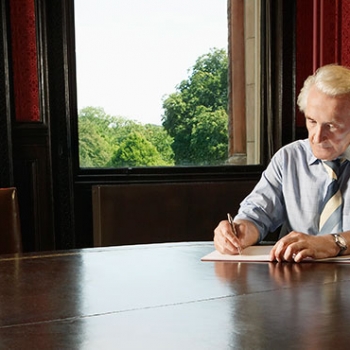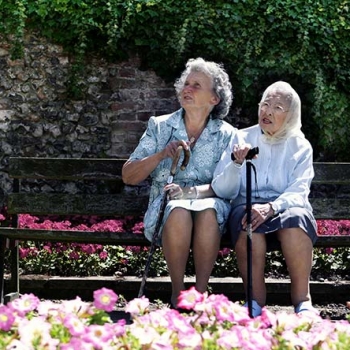Every so often it's important to give a reminder of the basic documents, what we can call legal tools that everyone needs. If we had a crystal ball and could see into the future, we would not need to plan ahead for end of life decisions. We have seen many clients through the years where a spouse had a sudden stroke making it impossible to communicate with the family.











